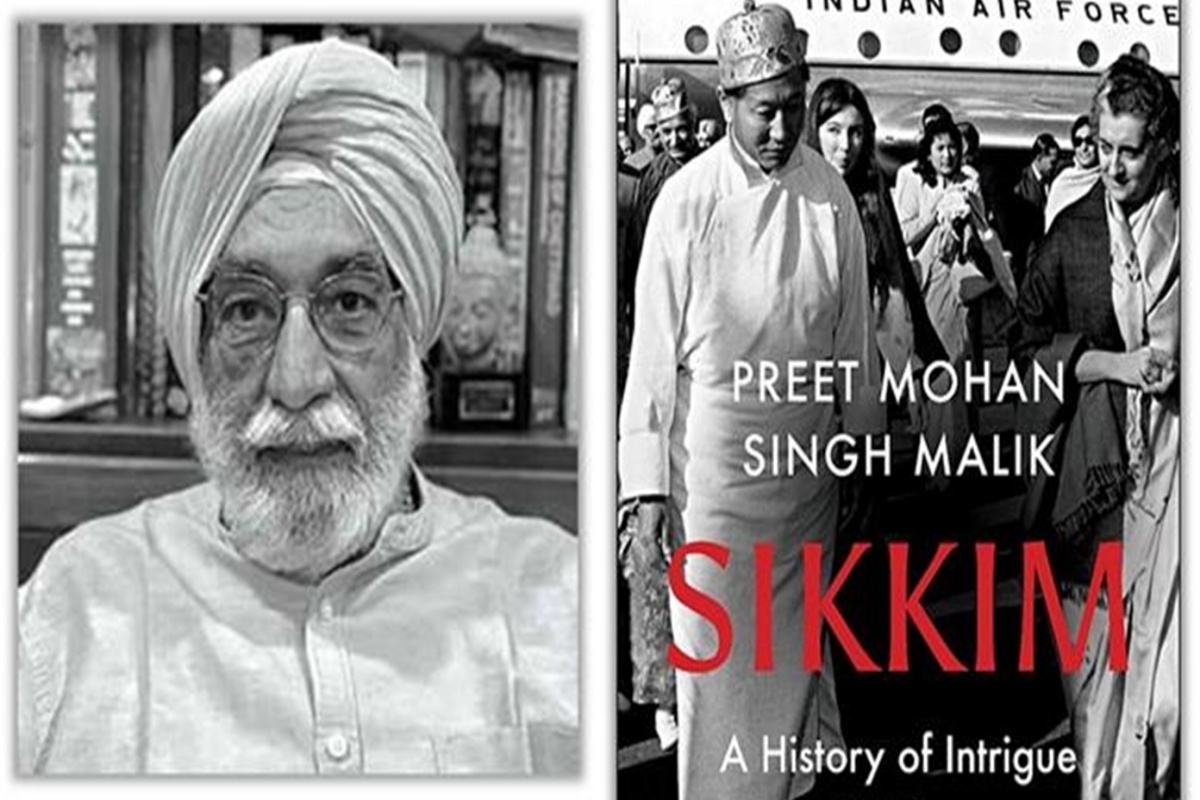Sikkim remains an enigma for most, with many misconceptions about its history and its merger with India in 1975. In “Sikkim – A History of Intrigue and Alliance” (HarperCollins), former diplomat Preet Mohan Singh Malik combines insights into the erstwhile kingdoms unique history with the intriguing story of how it became Indias 22nd state.
He examines the often-fraught relationship between the Lepchas (Rongpas) — its original inhabitants — and the Bhutias — people of Tibetan origin who established institutions of religion and governance, and founded the Namgyal dynasty that ruled the kingdom until it became a part of the Indian Union.
India’s historical relationships with Tibet and China form a part of this narrative covering, in particular, the many facets of British involvement in the Himalayan region during the colonial period, and strategic failures that were compounded by a flawed Tibet policy pursued by independent India’s first Prime Minister, Jawaharlal Nehru.
For India today, Sikkim remains significant from a strategic point of view, given its proximity to Tibet and the crucial Siliguri Corridor that connects India’s north-eastern states with the rest of the country.
The author draws from extensive sources, including hitherto unknown archival material that he had access to while serving at India’s political office to Sikkim and Bhutan in Gangtok in the late 1960s.
Preet Mohan Singh Malik served in the Indian Foreign Service for more than three decades from 1962. He was posted in Gangtok from October 1967 to April 1970 at the Political Office for India to Sikkim and Bhutan. He has also served as India’s Ambassador to Bahrain, Cuba and Myanmar, and as High Commissioner to Tanzania (with concurrent accreditation to the Seychelles), and Malaysia, with concurrent accreditation to Brunei.
He has served at the Permanent Mission of India to the European office of the UN in Geneva where he was also a delegate to the Disarmament Conference and on the Governing Body of the International Labour Organization. He was a Deputy Permanent Representative at the UN Mission in New York. He specialized in economic diplomacy, covering both bilateral and multilateral areas. He was a member representing the Ministry of External Affairs, of both the Foreign Investment Promotion Board and the Steering Committee on Economic Reforms chaired by the Principal Secretary to the Prime Minister (1992-95).












